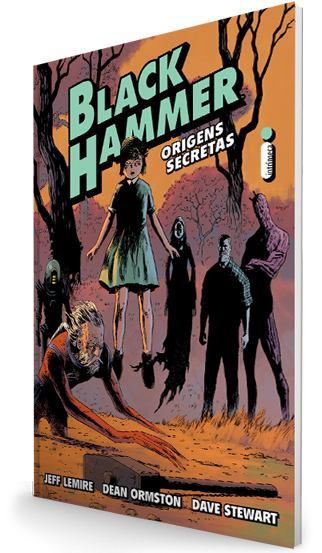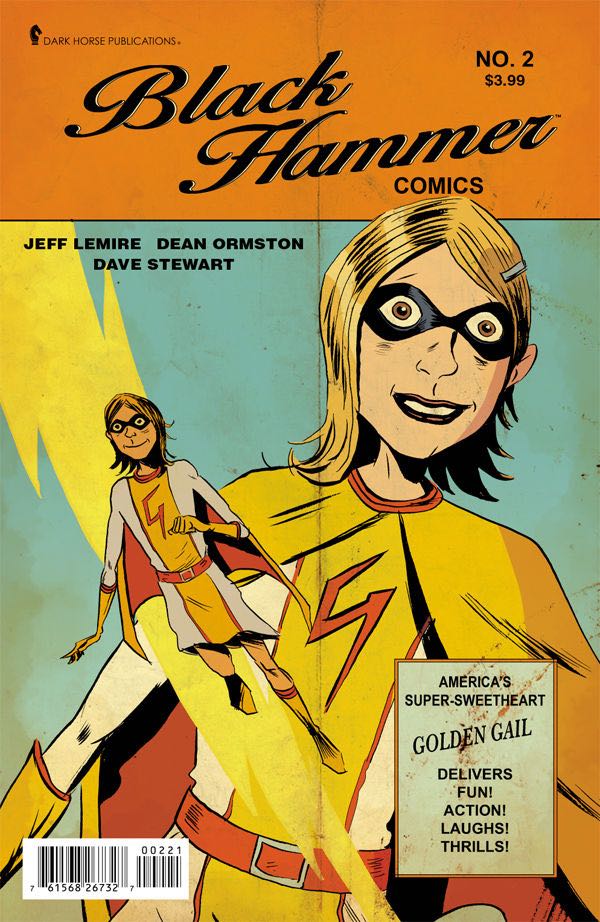


Halfway through, "Bokeh" pulls back on narrative and pushes visual poetry, revealing its ambitions. That statement is always true for the characters as they clash and come to terms with the world (and it's a good reminder for the lovers in the audience as well). "We aren't looking at the same thing," she despairs. She, however, as a pragmatist with a previous background in religion, sees it as an insulting symbol of where they are now.

He, an optimistic photographer who loves his old camera and the ugly images it can create, thinks it looks cool. But it all comes to a head when Riley takes Jenai (who constantly checks her email inbox, missing her family) to see the abandoned corpse of a crashed plane from decades ago. Sometimes they're on the same page, as when they go shopping during a giddy montage or find romance outside in places that would normally swarm with tourists. Instead, writer/directors Geoffrey Orthwein and Andrew Sullivan keep the story interesting by making it about their differing ideologies during such phenomena, creating thoughtful characters who see the world as either half-empty or half-full. "Bokeh" refers to the aesthetic quality of blurriness in photos, so no anxiety is necessary (like I initially had) about some supernatural force or Icelandic monster third-wheeling this apocalyptic situation. In some rough line-reading, they exclaim the gist of "What's happening?!" or "There's got to be someone here," but after Jenai can't make contact with her mom back in America, it becomes apparent-for some reason, whether it's the rapture or something else, they are alone in the world. Their first morning, they wake up, the streets are dead quiet, and everyone in the land is gone. Jenai (Monroe) and Riley (O'Leary) are in Reykjavik, on their first vacation overseas. There's sturdy chemistry between rising actors Maika Monroe (" It Follows") and Matt O'Leary (" The Lone Ranger") as they enact this nightmare, but this is more than a relationship movie.


 0 kommentar(er)
0 kommentar(er)
